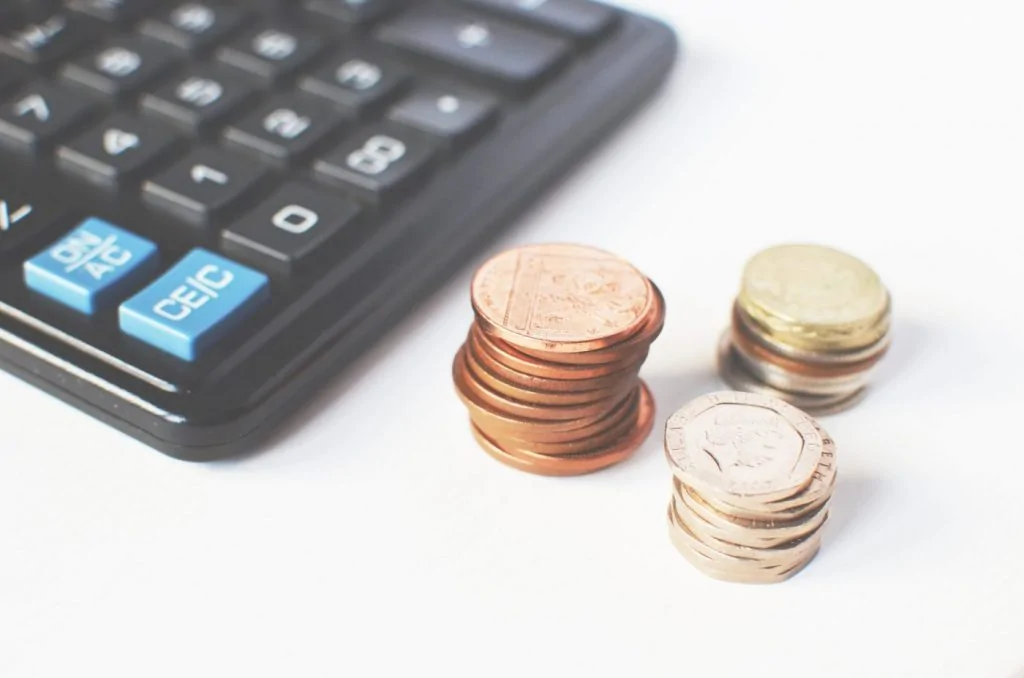Did you realise that as a business owner the government trusts you more than they trust salaried employees?

What on earth do I mean by that?
In the UK if you are an employee, you’ll be on a Pay As You Earn (PAYE) scheme for your tax. Put simply, any money that you earn has the tax deducted from it before your employer pays it to you. This is because they understand that if they let you have all of it, and then ask you to pay a tax bill of thousands of pounds at the end of the year you’re likely to have spent it. They don’t trust that you will have the money to pay it, and it would cost them a fortune to try to recover the money later.
The same goes for retirement savings – the introduction of workplace pensions has effectively said that the government don’t trust that the average person will get around to sorting out a pension until it’s too late to save for a comfortable retirement. So the pension is deducted from your pay, like your tax and NI and you have to physically opt out if you don’t want to do it (which most people can’t be bothered to do).
As business owners, you and I are different.
We’re trusted to pay our own tax bill, using self-assessment at the end of the year.
We’re trusted to save for own retirement.
This can mean that you have some important decisions to make, that you may not have considered before. And responsibilities that you may not feel entirely prepared for.
When you collect your accounts from your accountant, and she tells you how much your tax bill will be, is it what you thought? Do you have the money to pay it?
Putting money away for your tax each month, or each time you get client money into your account, is the best way to ensure that you always have enough in the pot to pay your tax. You should aim to put away 15-20% of your incoming money for your tax and National Insurance plus if you’re VAT registered then your VAT money needs saving too. You can find out more about this in the book Profit First – by Mike Michalowicz
If your accountant manages to maximise your expenses and allowances it can mean that come January you have a surplus in your ‘tax account’ which you can then pay yourself as a bonus, or re-invest in your business – which is a much nicer feeling than wondering where on earth you’re going to find £2000 for a tax bill.
Same goes for pensions.
As a company director, you’re exempt from the workplace pensions rules, although if you don’t have employed staff you still need to fill out a zero return.
But unless you are wanting to retire on the state pension of £8767 a year (£730 a month) you should speak to a Financial Adviser about setting up a pension.

The earlier you start the better, your money has longer to grow, and you’ll benefit from FREE money in the form of tax relief, and potentially a reduction in your corporation tax too (if your company pays into your pension as part of your salary package).
Your Financial Adviser can also help you pull any old pensions into one place to make them easier to manage and provide you with cash-flow projections, so you can see if you’re on track for the retirement you deserve.
If you’d like to chat about managing your money or saving for retirement and how it can prevent you paying more tax than you need to click here to book a free Zoom consultation to chat about how I can help you.
It’s one little step towards taking control of your money and building the life you deserve, and it’s something we can do together. Not scary, not intimidating, just easy to understand advice from someone you trust.

